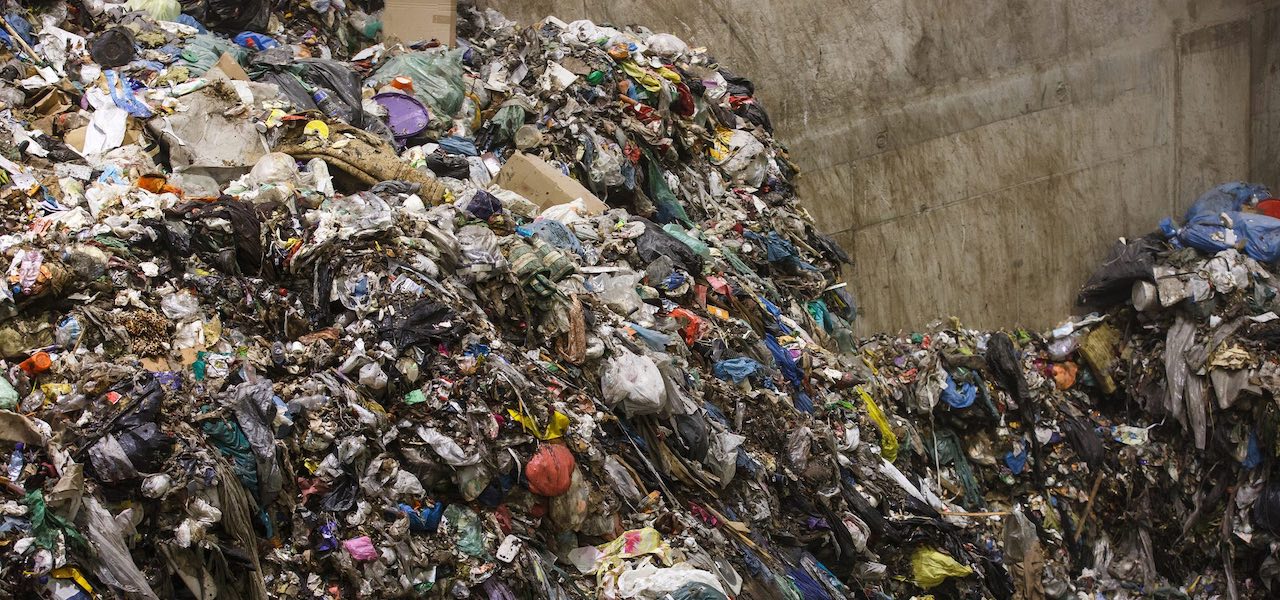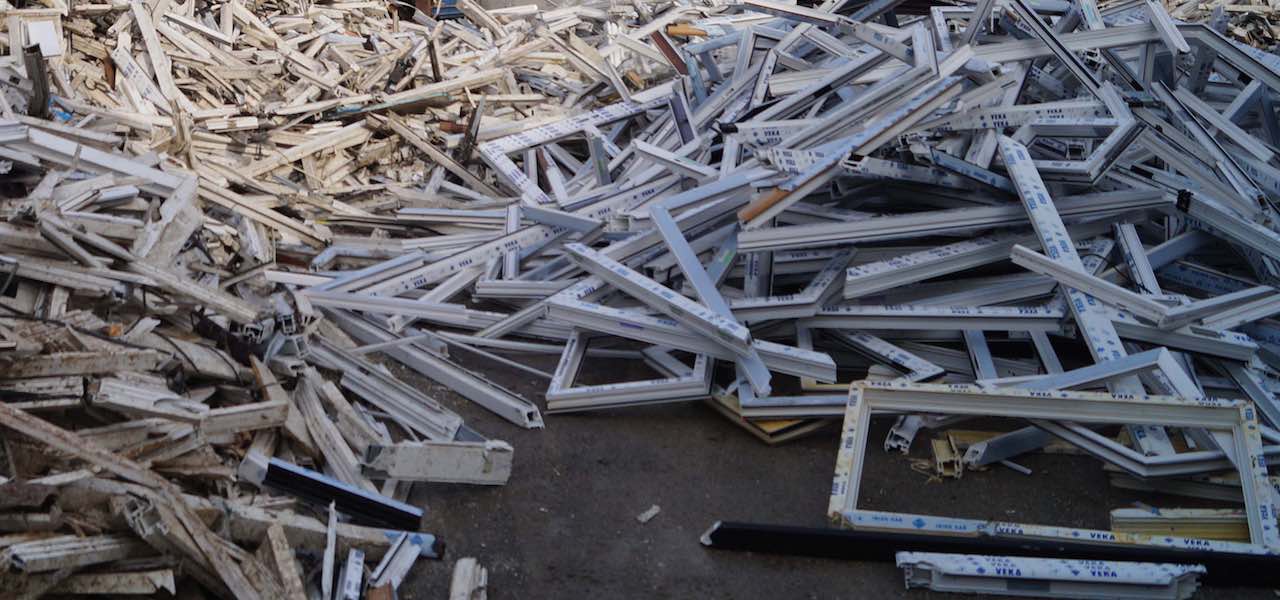Easy kerbside collections for consumers that focus on consistent quality are essential if the UK is to boost plastics recycling rates and meet current targets.
Investment in infrastructure is also needed to enable the collection of a wider range of plastic packaging at the kerbside as that is the only way to achieve the volumes required for successful recycling, says Richard McKinlay, Axion’s Head of Circular Economy.
The UK Plastics Pact, which aims to deliver a circular economy for plastics, sets out four defined targets by 2025 to tackle the issue of plastic waste across the entire supply chain. Key targets state that 70% of plastics packaging is effectively recycled or composted with a 30% average recycled content across all plastic packaging.
Responding to current Government consultation on ‘Consistency in Household and Business Recycling Collections in England’, Richard states: “While it’s good to have ambitious targets, without a shift in focus and investment in infrastructure, these targets won’t be reached.
“In the UK we are using the existing infrastructure which was designed around the economics of recycling. In Belgium, they have taken a decision that their existing facilities are no longer fit for purpose and have invested in multiple new plants to recycle plastic packaging. This radical step change is likely the only way to achieve our targets.
“Consumers are being bombarded with new bespoke collection scheme options. While these models work well for businesses, they are not always suitable for consumers and few are likely to participate. We need to recycle at the kerbside and keep it simple to avoid confusion.”
To get more consistent collections, the focus of the message should be changed to encourage collecting all packaging types, but of a better quality, he suggests: “Communicating that packaging needs to be empty, not stacked, not contaminated and crushed, where possible, rather than focusing on the particular types of packaging could yield higher volumes of material at a higher quality.”
Looking ahead, a ‘full reform’ of the recycling infrastructure is needed to tackle all types of packaging waste, including pots tubs and trays (PTT) as well as plastic film. Richard explains: “Our existing recycling facilities were designed some time ago and based around the value of materials then, such as PET and HDPE bottles. Trying to process different materials as well, such as PTT is not going to work and results in lower quality outputs, that end up being exported.
“The aim of recycling is changing from being a profitable business in its own right to tackling the growing volumes of waste and a desire to recycle. Through Extended Producer Responsibility the economic landscape will change, and so must the infrastructure.”
With markets in the Far East closing their doors to UK-exported mixed plastic waste, Richard says the focus should be on the consistent quality of collected materials for recycling. Hence the need to invest in plants capable of sorting all packaging formats collected at the kerbside to achieve volumes to justify the investment in recycling infrastructure.
Richard adds: “In addition to consistency in collections, a consistent process design for sorting plants should also be considered. This would entail all facilities being built to a basic, common specification and using certain processes to achieve a standard specification of output, or, preferably, better.
“Consumers will become fatigued with the ever growing list of bespoke collection schemes for niche products, which collect minimal tonnage in an inefficient manner. Instead the focus should be on enabling the collection of all packaging at the kerbside, ensuring as much packaging as possible is designed for recycling and sorting this into fractions which can be recycled.”









